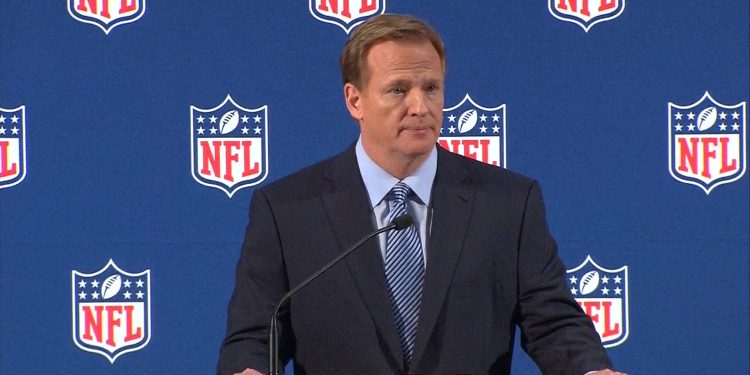Nashville, long known for its vibrant music scene and cultural richness, is poised to add another feather to its cap with the construction of the new $2.1 billion Tennessee Titans stadium. Slated for completion in February 2027, this state-of-the-art facility promises not only to redefine the city’s skyline but also to enhance its reputation as a premier sports destination.
According to NFL Commissioner Roger Goodell, the impact of this development could extend well beyond architecture and into the realm of hosting one of the most coveted sporting events in America—the Super Bowl.
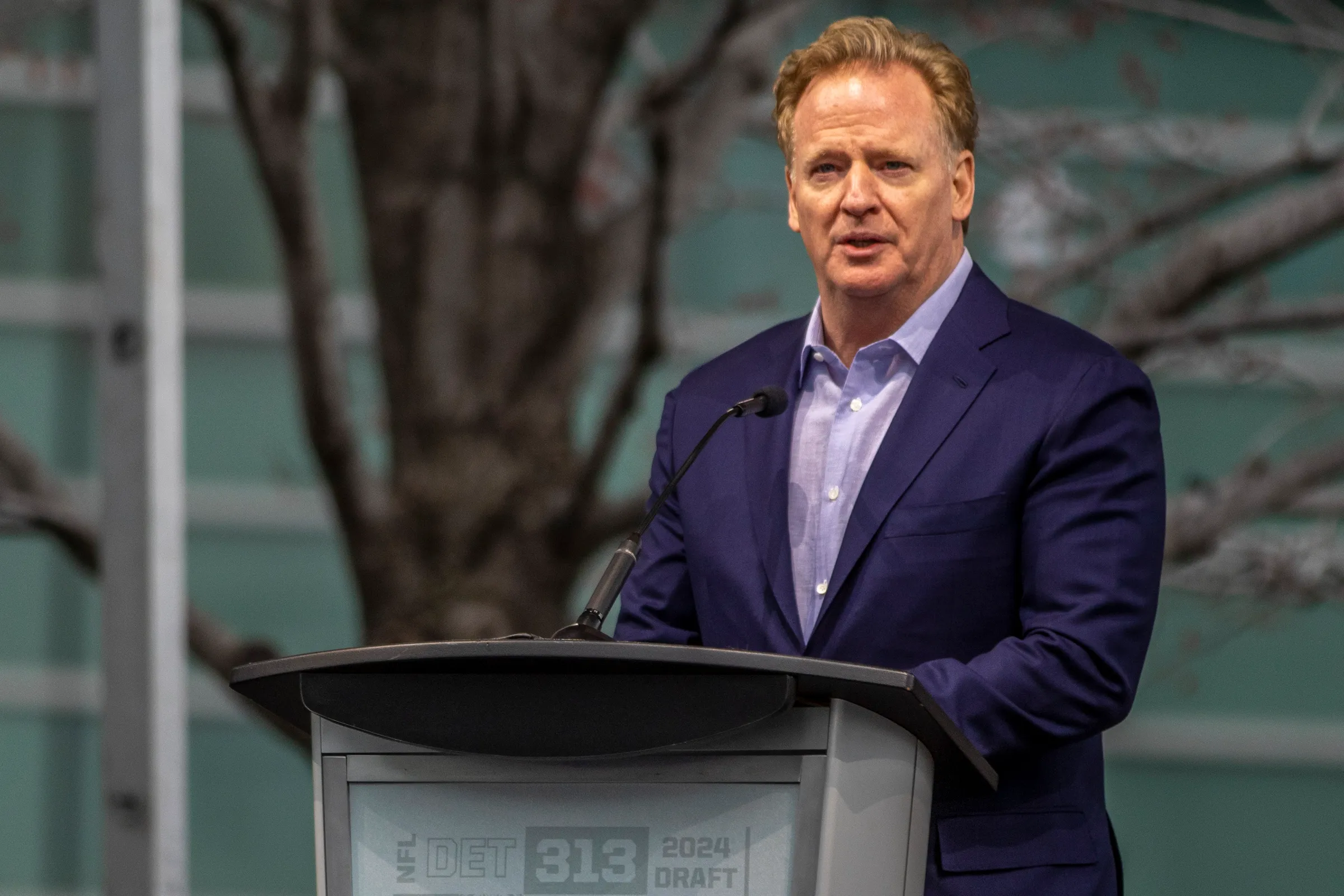
During a press event at the recent league meetings in Nashville, Goodell shared his enthusiasm about the potential brought forth by the new stadium. “I think the stadium is going to be amazing,” he remarked, highlighting the passionate Titans fanbase which made a strong impression during the 2019 NFL Draft hosted in the city.
The commissioner’s optimism isn’t just based on aesthetics and community spirit; it’s bolstered by tangible successes, as evidenced by the over 600,000 fans who thronged the streets during the draft.
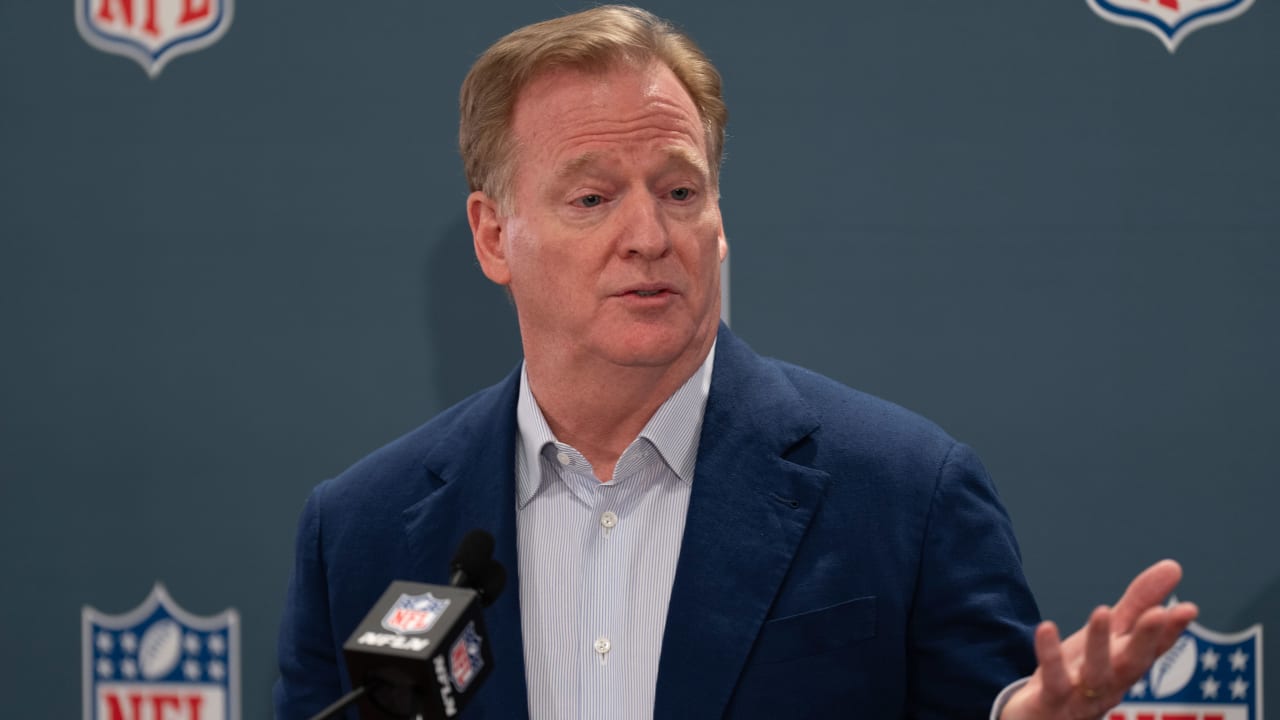
Tennessee Titans Super Bowl Dreams: A Timeline to Touchdown
While the Titans’ new home still has a few years before its doors open, speculation about Nashville hosting a Super Bowl is already gaining momentum. NFL traditions stipulate that a new stadium must host at least two seasons of games before it can serve as the venue for a Super Bowl, setting a potential timeline for Nashville’s big moment around 2029.
Titans president Burke Nihill is equally hopeful, stating, “I think the NFL loves Nashville, and they love the design of the new stadium.” However, he acknowledges that there are numerous details to iron out before such a dream can come to fruition. The sentiment of proactive optimism is echoed in Nihill’s confident assertion, “But I am absolutely optimistic that at some point the Super Bowl will [be] in Nashville.”
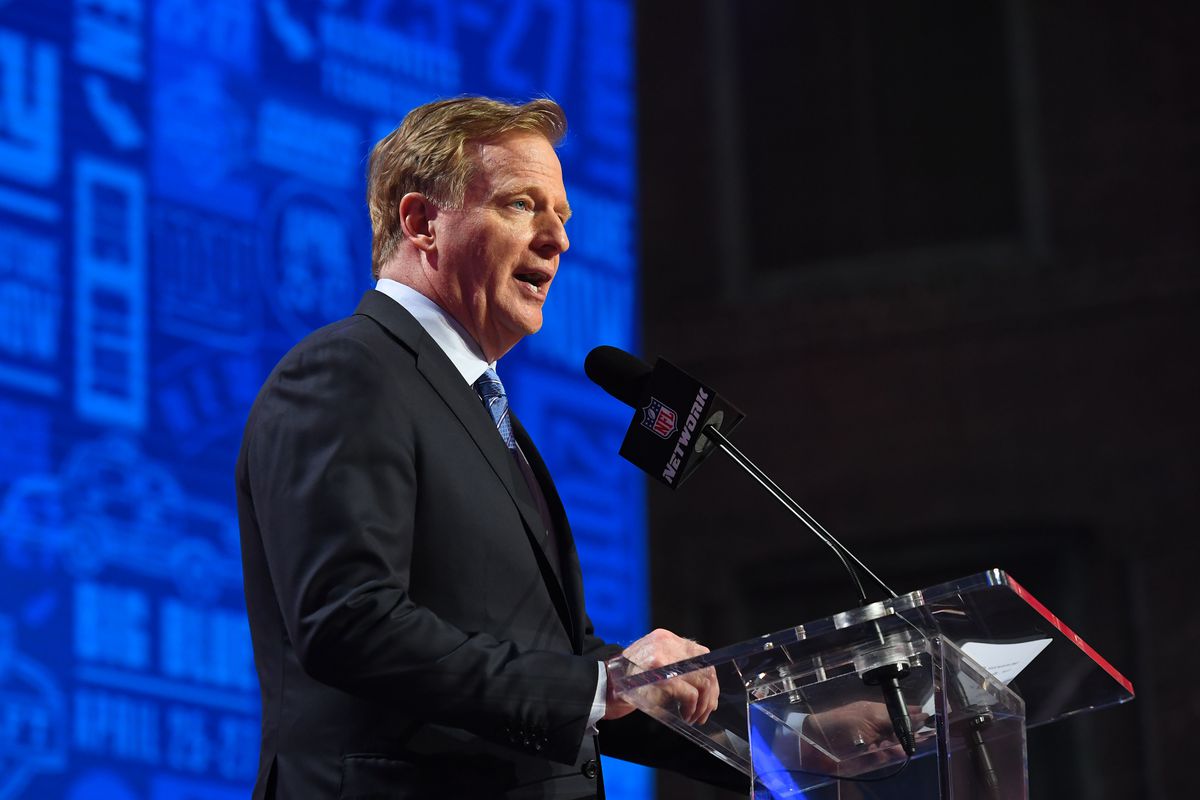
The Economic and Cultural Impact of Hosting the Super Bowl
The advantages of hosting a Super Bowl extend far beyond the immediate thrill of the game itself. Cities that play host to this massive event often see significant economic benefits, from increased tourism and national exposure to boosts in local employment and infrastructure improvements.
For Nashville, a city already synonymous with entertainment and hospitality, the Super Bowl could further solidify its status as a sports entertainment hub, drawing visitors not only for football but also for its rich music history and vibrant nightlife.
Moreover, the construction of the new stadium itself is a boon for the city. With a seating capacity of 60,000, it is slightly smaller than the current Nissan Stadium but includes modern amenities and designs that are expected to offer a better fan experience and greater energy efficiency.
The strategic location along the East Bank of downtown Nashville also means that the stadium will be at the heart of the city’s urban core, potentially driving more developments in the area.
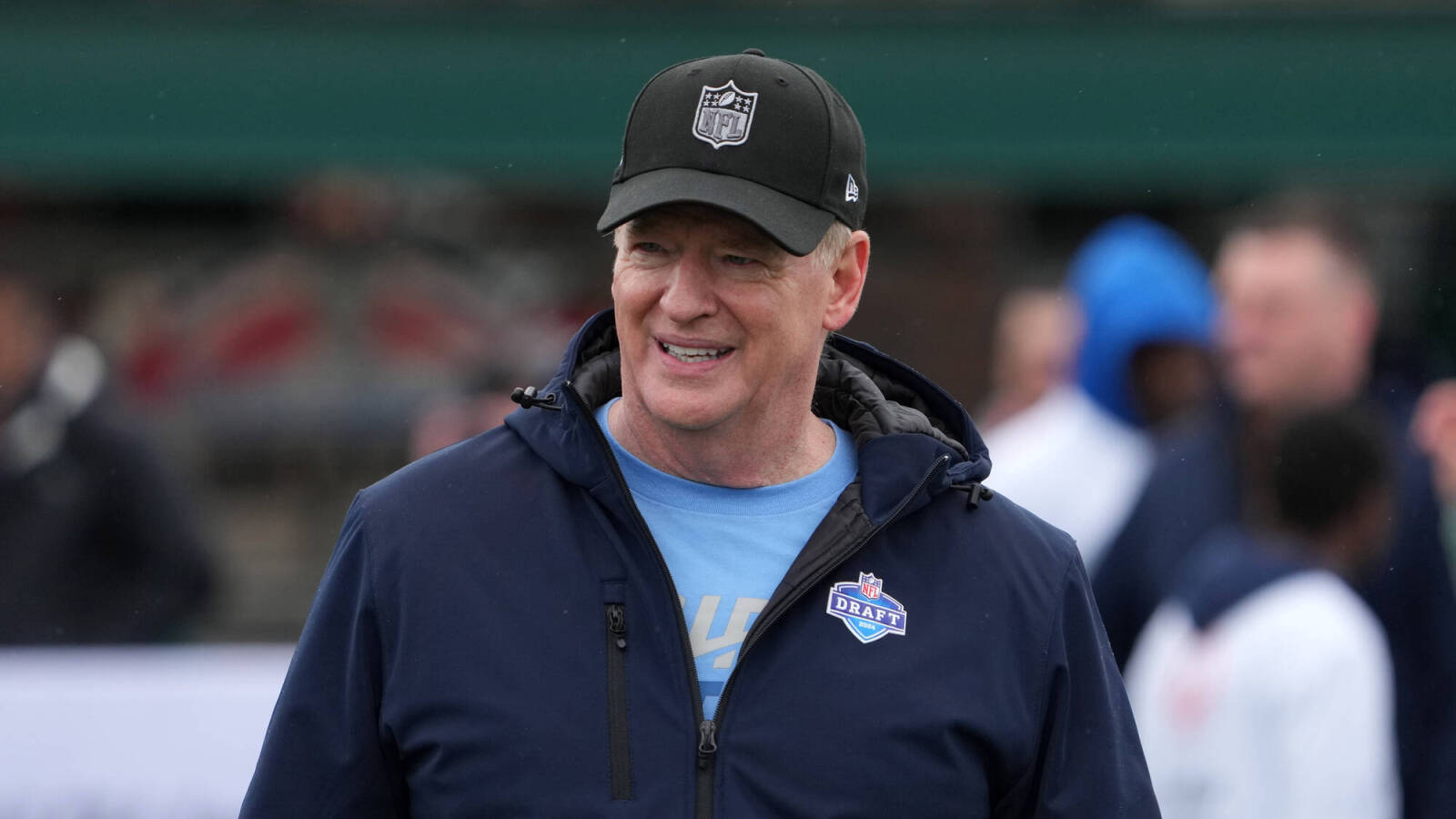
Conclusion: Anticipation Builds as Nashville Eyes the Future
As the construction progresses and the calendar pages turn towards 2027, anticipation is building not only among Titans fans but also across NFL communities and Nashville’s residents. The promise of a Super Bowl brings with it the potential for transformative changes, fostering community pride and economic growth.
As Goodell aptly put it, a Super Bowl in Nashville would not just be a game but a celebration of the city’s spirit and passion. While there are hurdles to clear and details to finalize, the journey towards this dream reflects a city and a team looking forward, ready to embrace their moment on the world stage.



